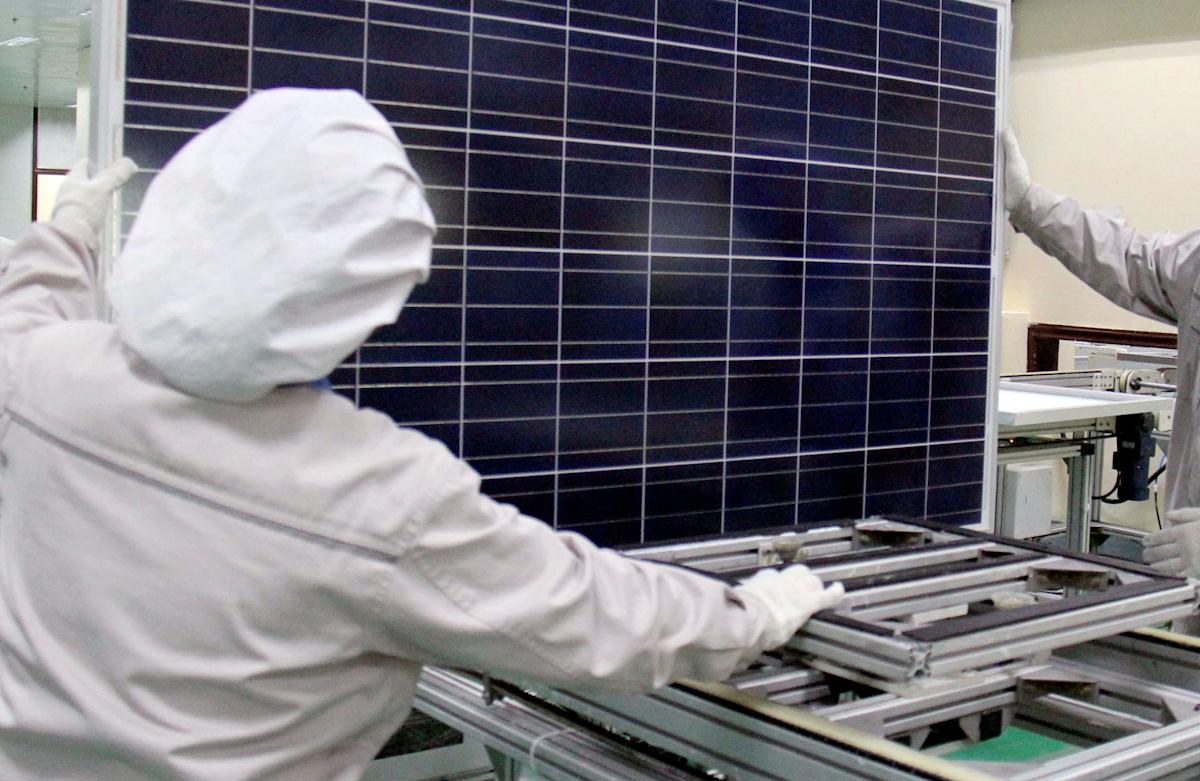Now Reading: Scientists unveil breakthrough that could launch a new era of solar panels: ‘Will significantly contribute to … commercialization’
-
01
Scientists unveil breakthrough that could launch a new era of solar panels: ‘Will significantly contribute to … commercialization’
Scientists unveil breakthrough that could launch a new era of solar panels: ‘Will significantly contribute to … commercialization’

Organic solar cell technology is considered the future of the industry, but issues with durability and effectiveness have hindered its commercialization efforts. However, a recent study conducted by an international team of researchers has shown promising results in extending the lifespan and enhancing the power conversion efficiency of these cells. The study, detailed in a report from Ulsan National Institute of Science and Technology, revealed that by introducing a cross-linking agent into the organic solar cell design, the lifespan can be increased by more than 59%.
Led by Professor BongSoo Kim from the chemistry department at the Ulsan National Institute of Science and Technology in South Korea, the team discovered that incorporating a cross-link can enhance the stability and resilience of polymer chains. The researchers found that a six-bridged azide cross-linker demonstrated superior stabilizing effects with minimal amounts, achieving a theoretical cross-linking efficiency of 96%, surpassing previous methods using two or four azide units.
Upon testing the improved organic photovoltaic cells, the team achieved a power conversion efficiency of 11.7% even after exposure to high temperatures for 70 days. The cells retained 93.4% of their initial efficiency, in contrast to cells without the cross-linker which experienced a decline to 8.17%, highlighting a significant improvement in performance longevity.
Organic solar cells are known for their ability to produce thin-film devices, offering flexible designs and semitransparent window coverings, thus expanding the applications of solar collection. As the adoption of solar power increases, costs decrease, making electricity more affordable for consumers and contributing to a reduction in planet-warming emissions and carbon dioxide levels.
To mitigate the impacts of climate change, the United Nations aims to cut emissions in half by 2030 and achieve net zero emissions by 2050. The development of more durable organic solar cell technology could play a crucial role in reaching these targets. Professor Kim emphasized that their research addresses the stability issues in organic solar cells and will significantly advance stability enhancement technologies for the commercialization of organic photovoltaics.




